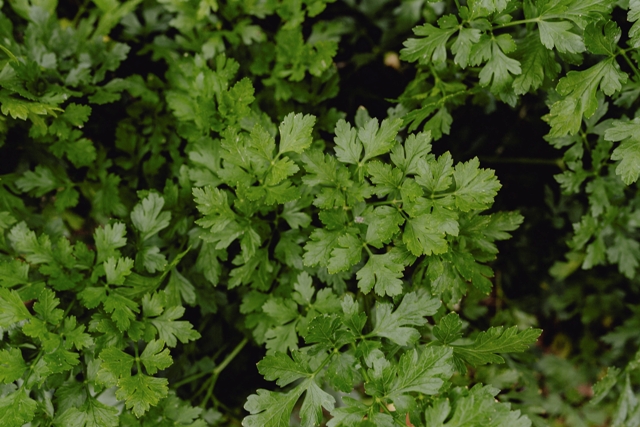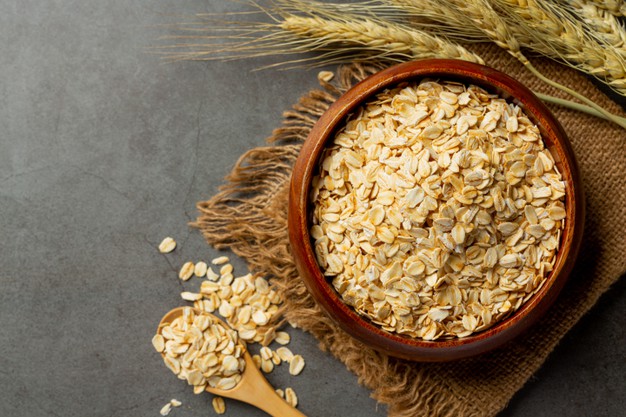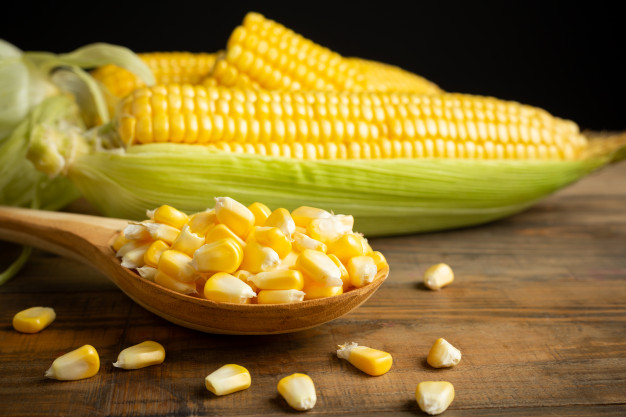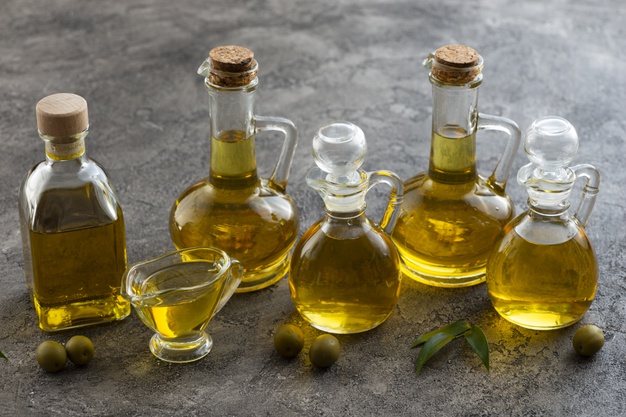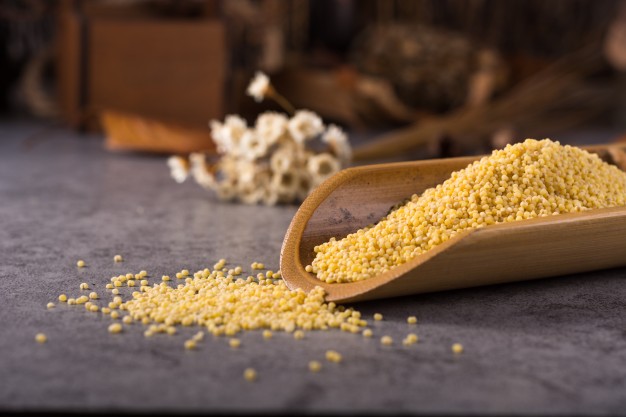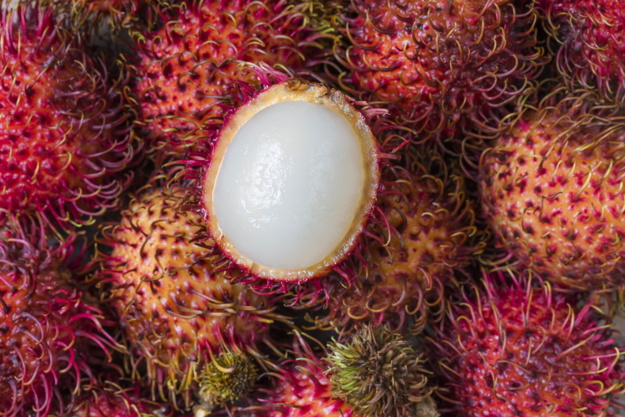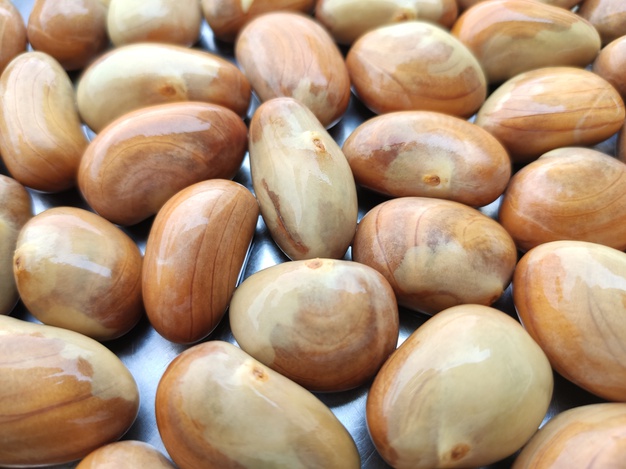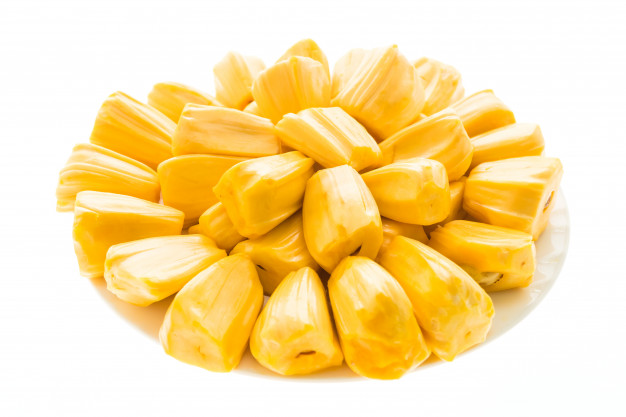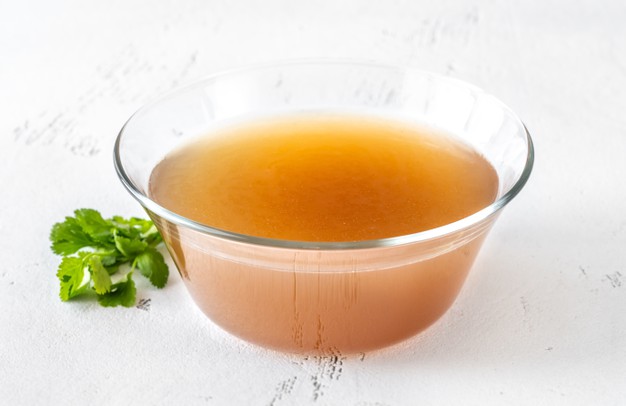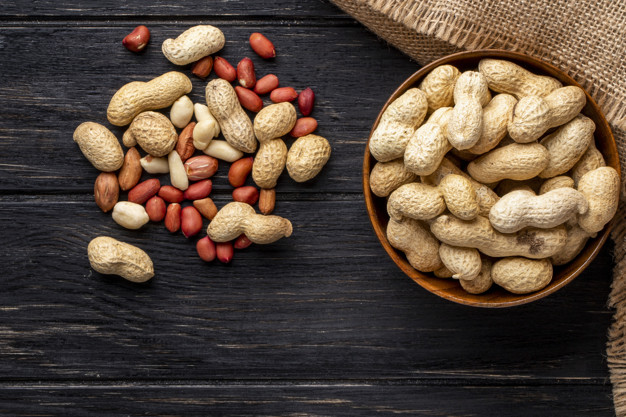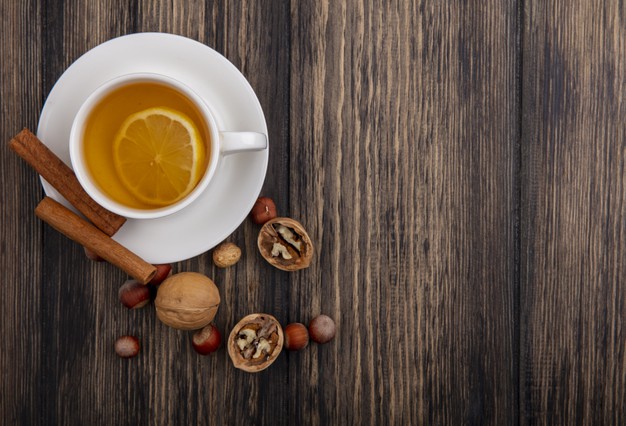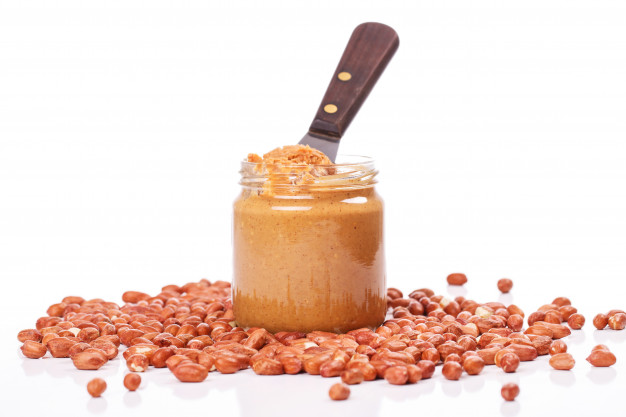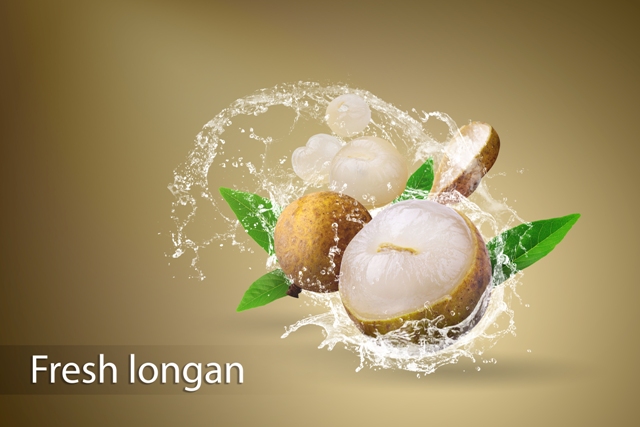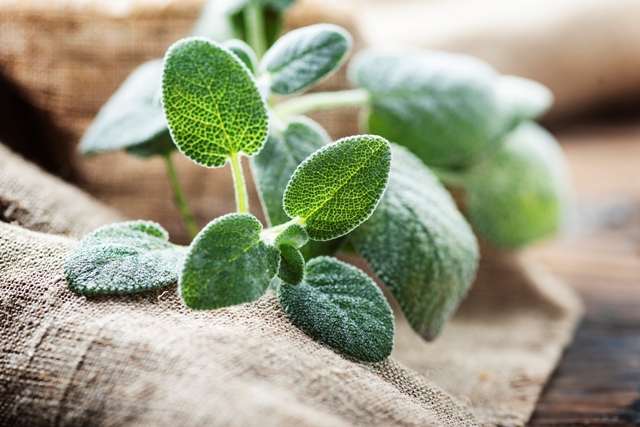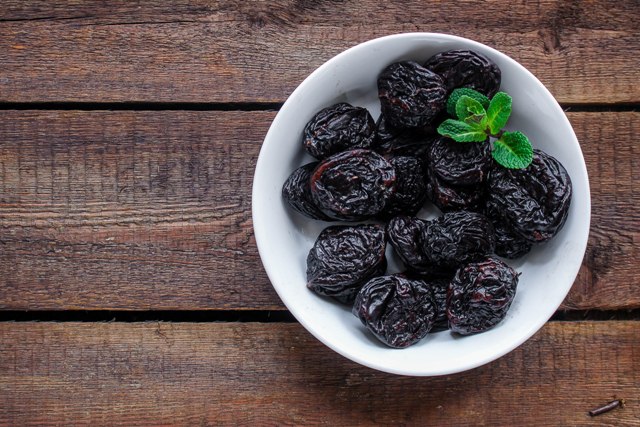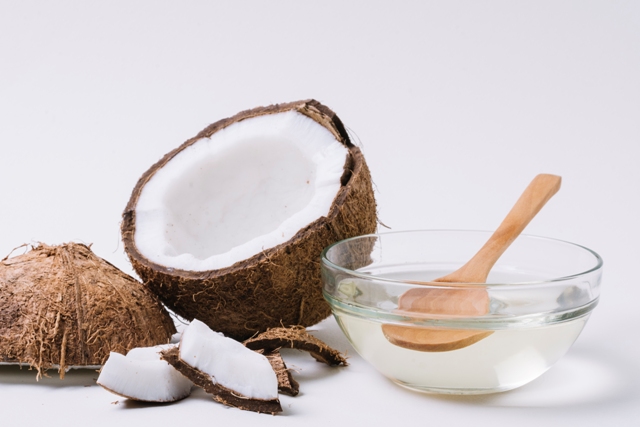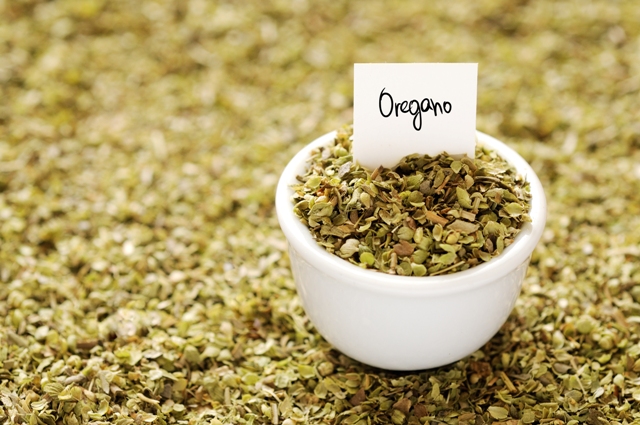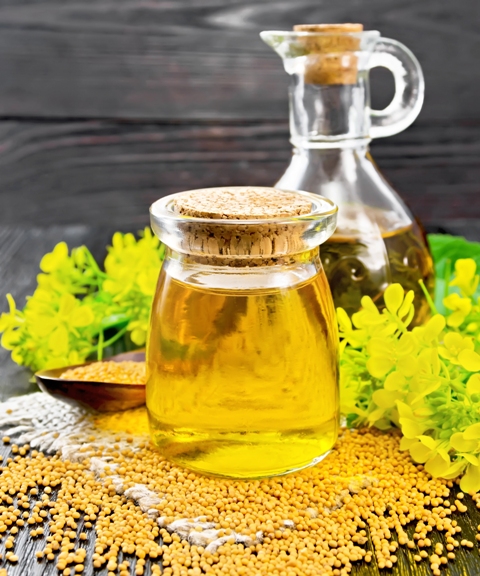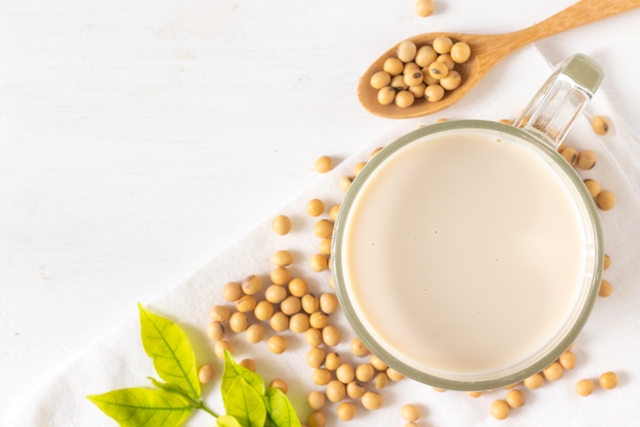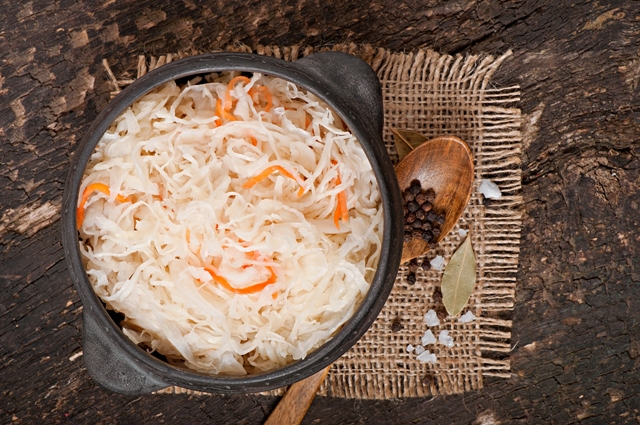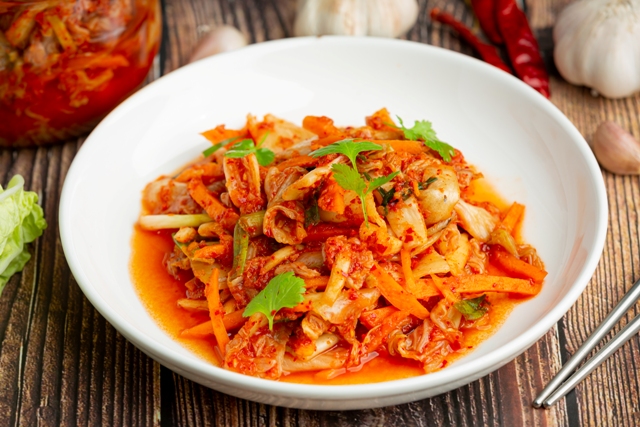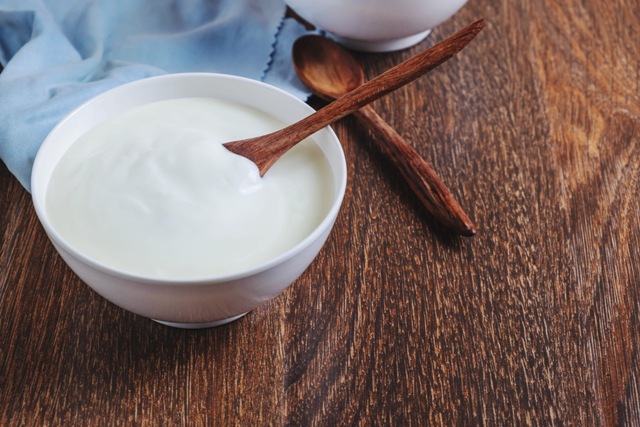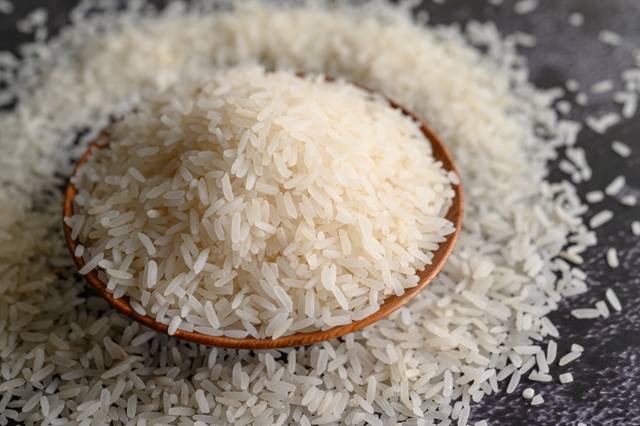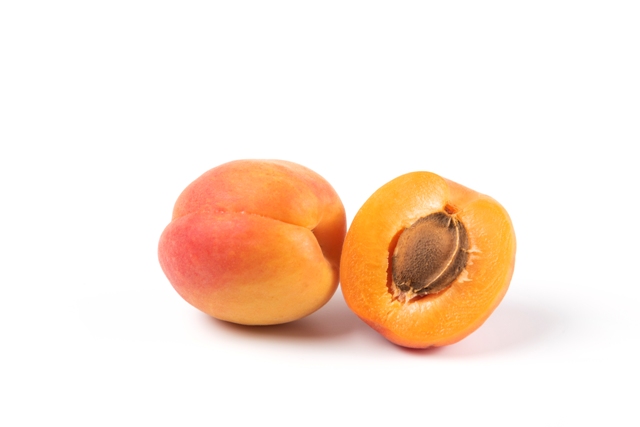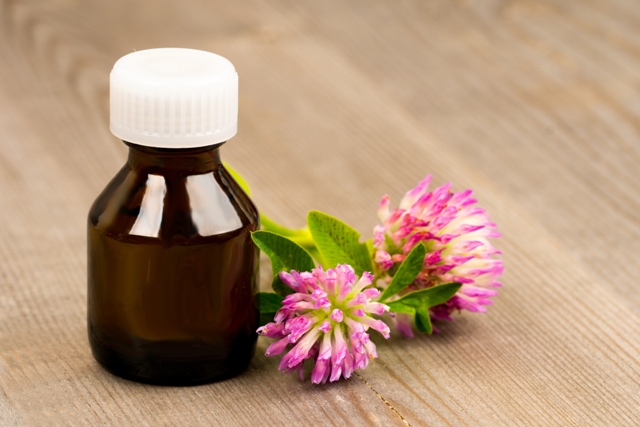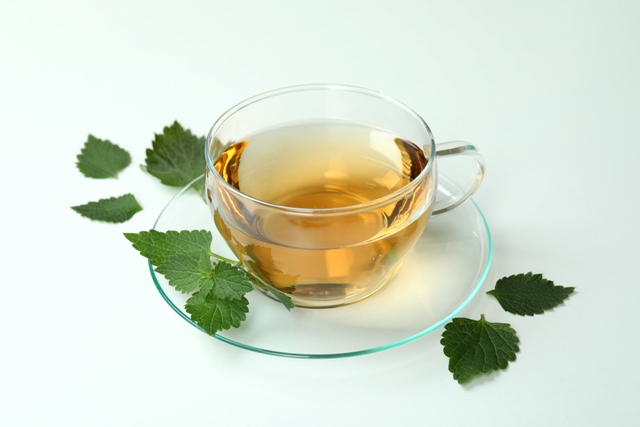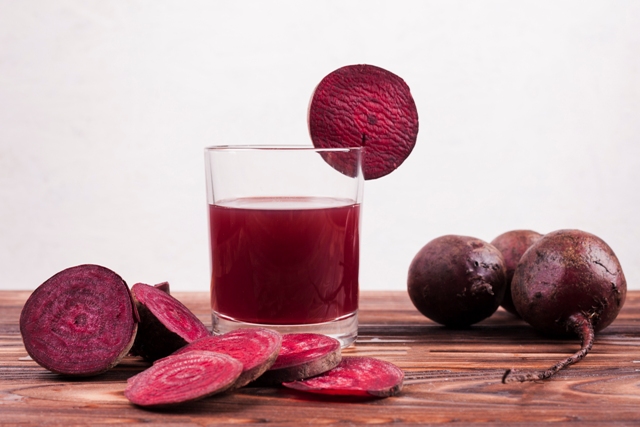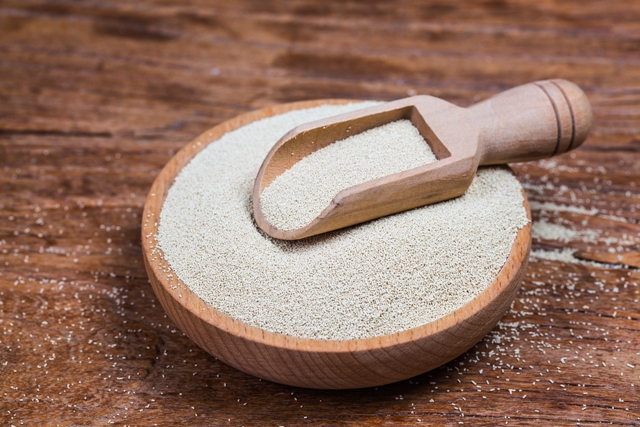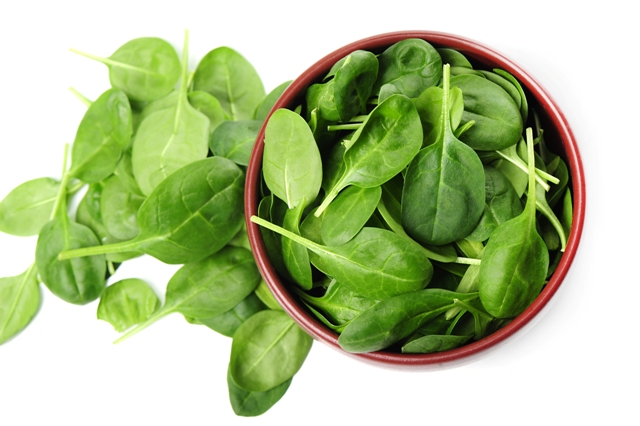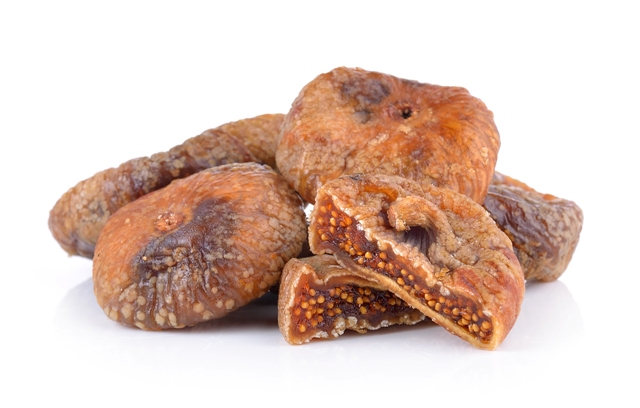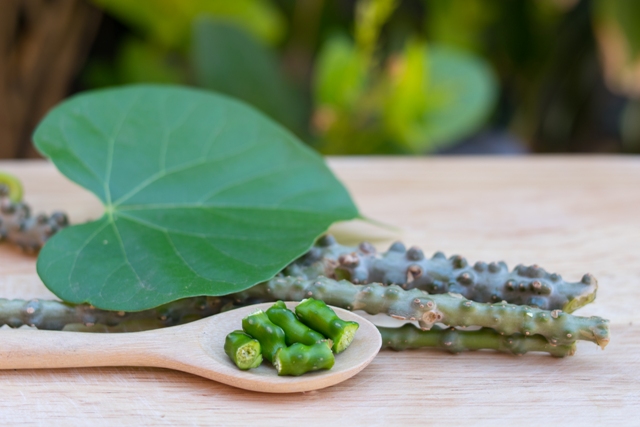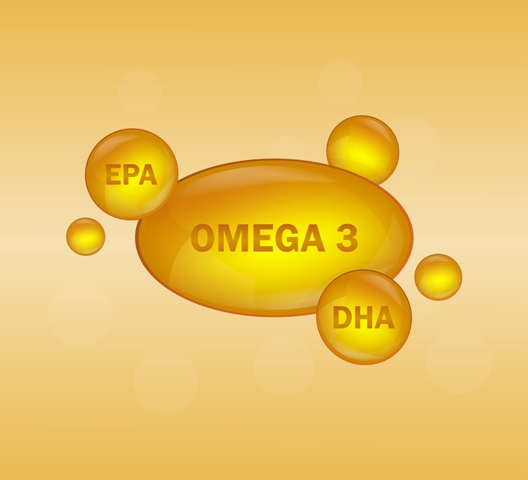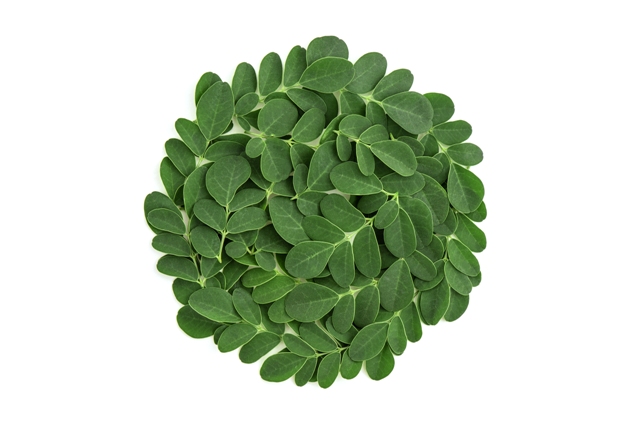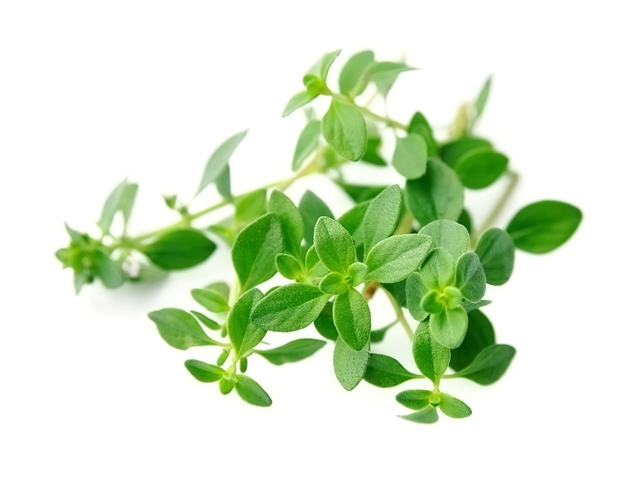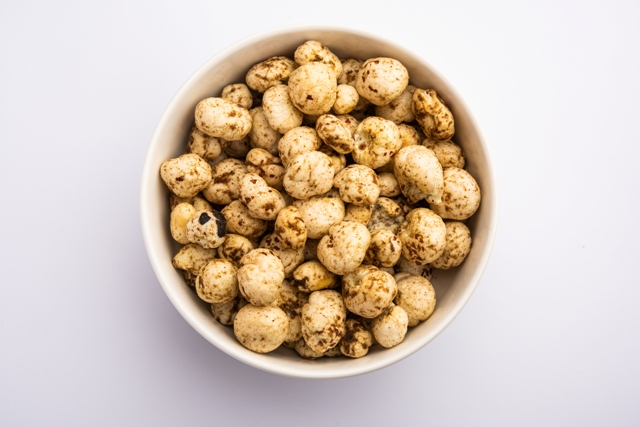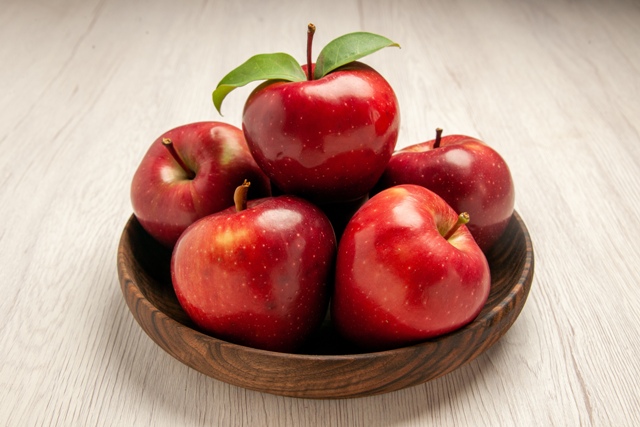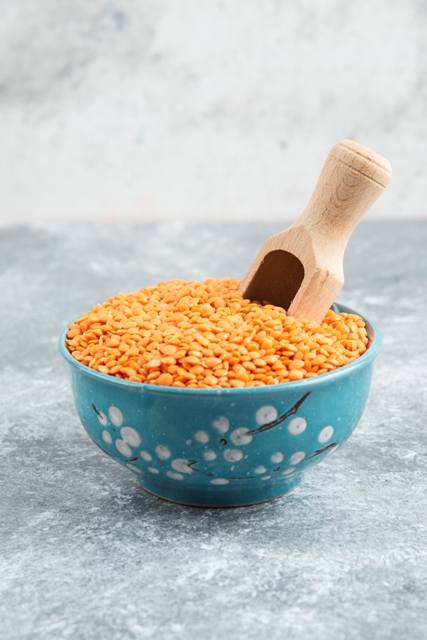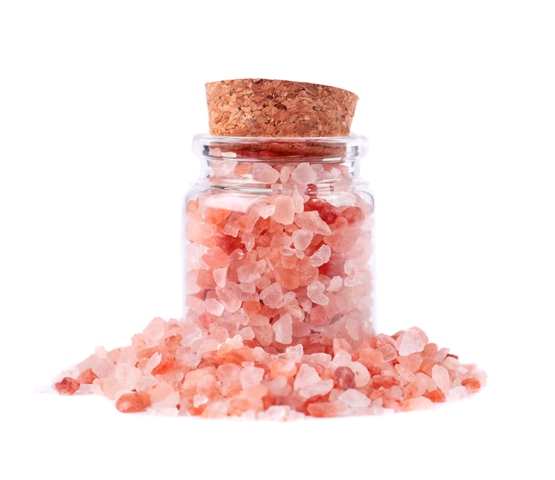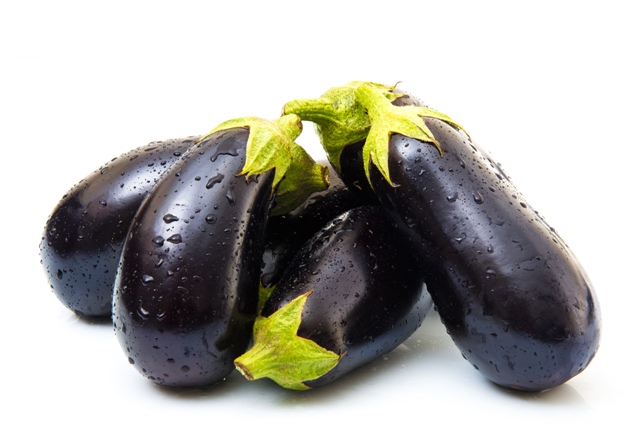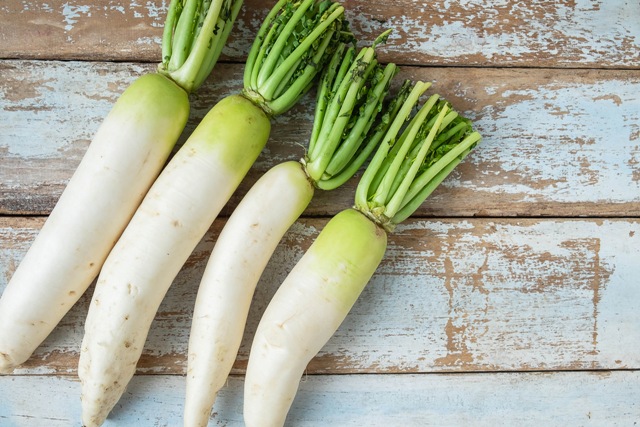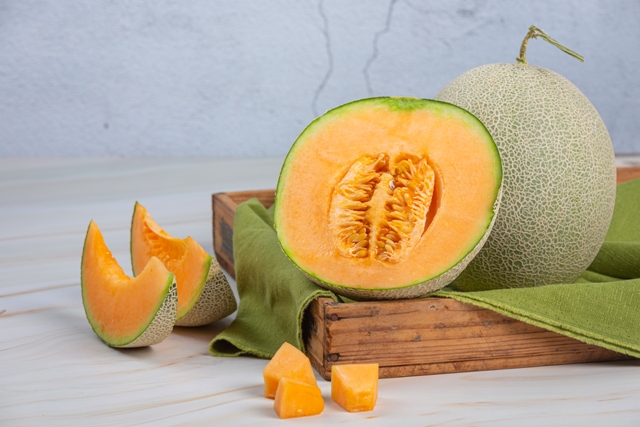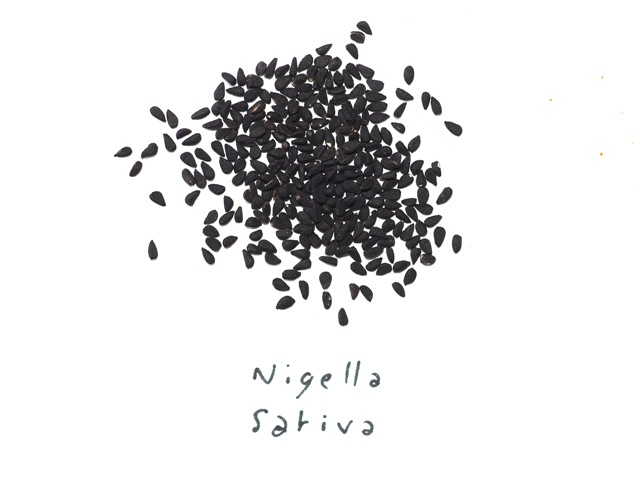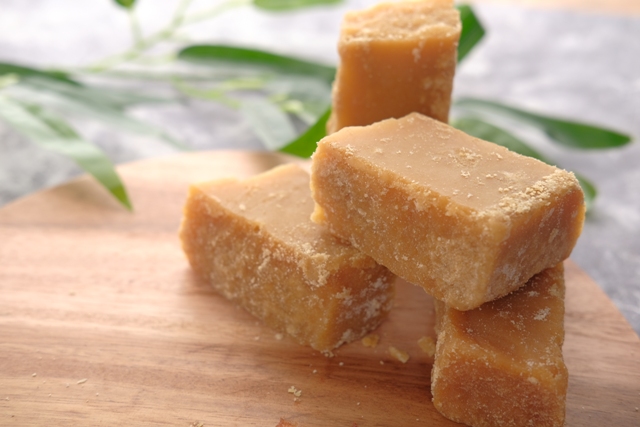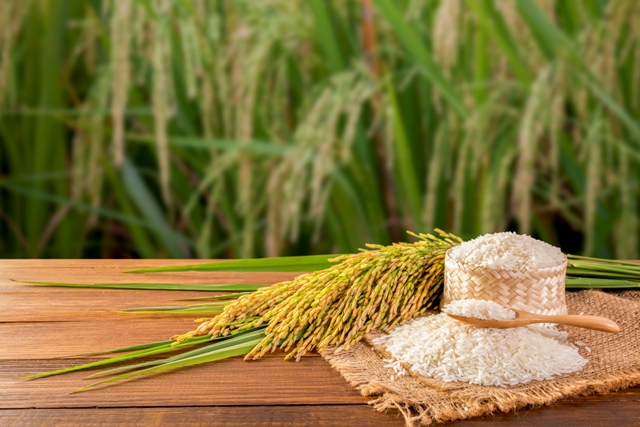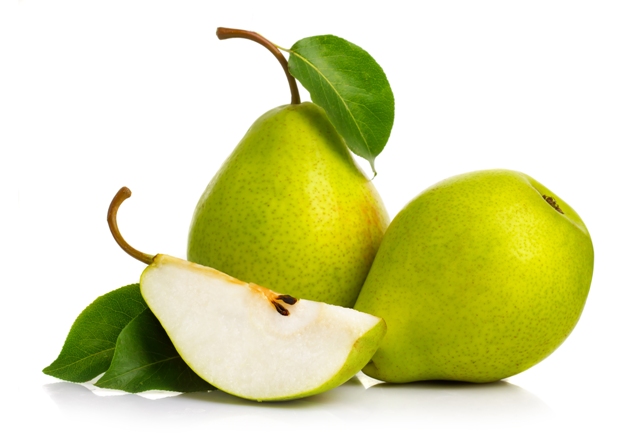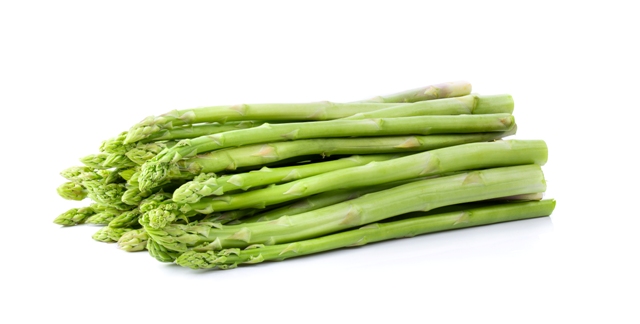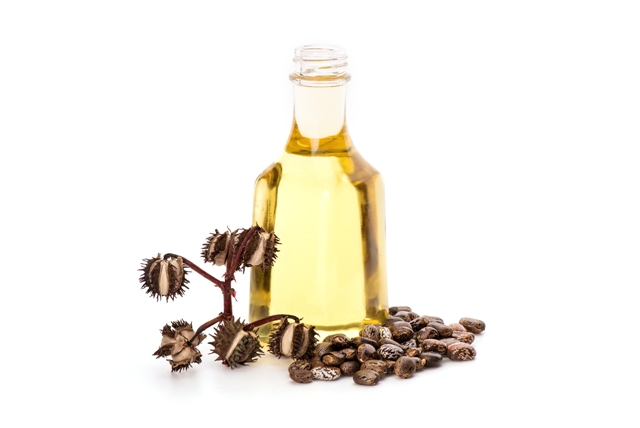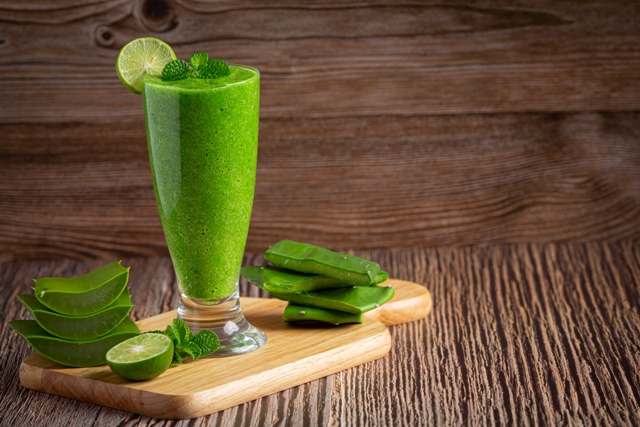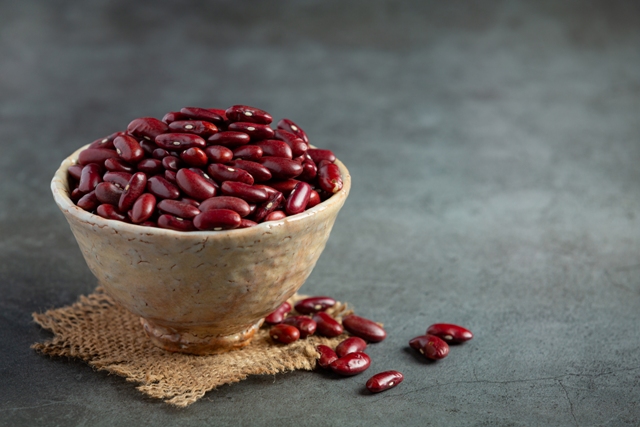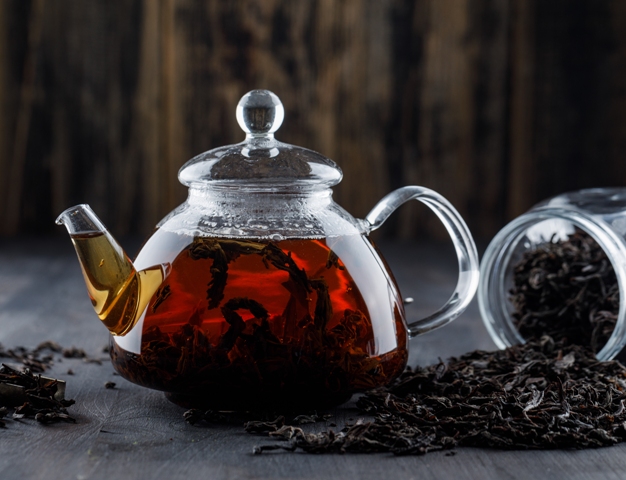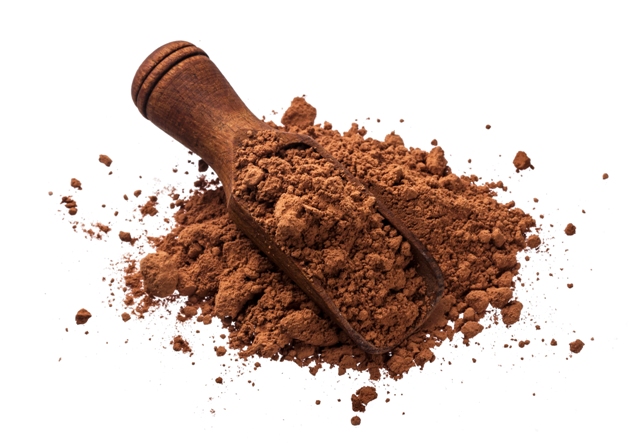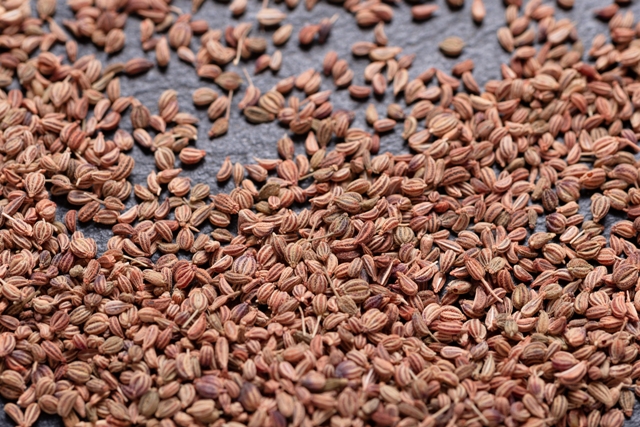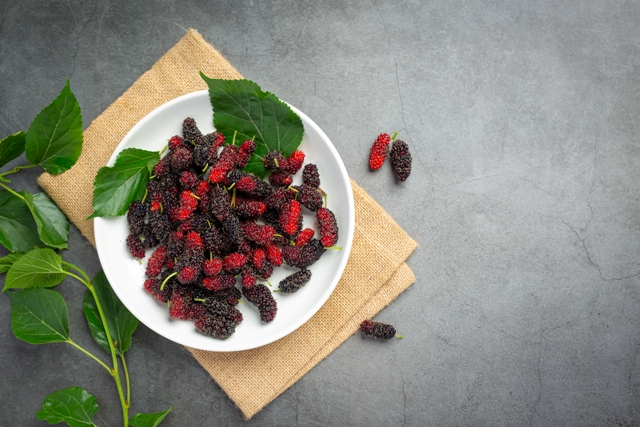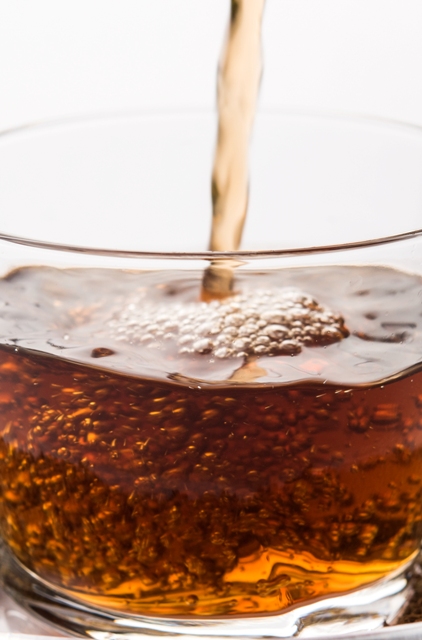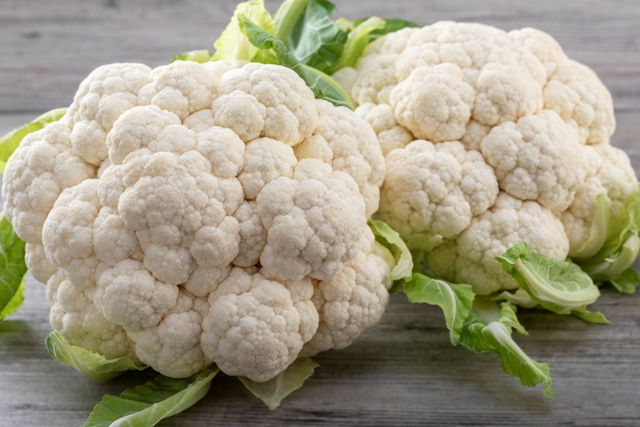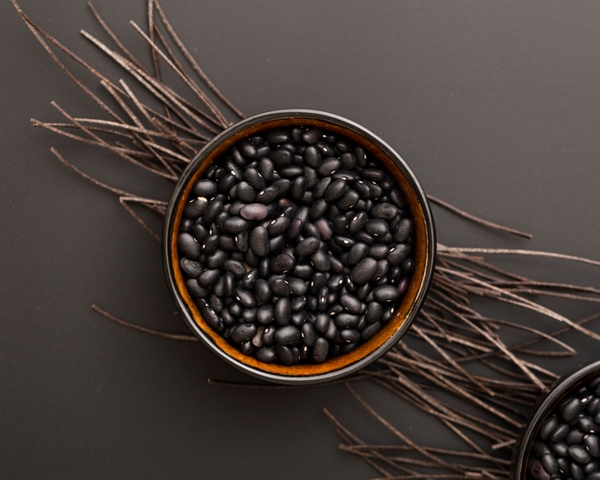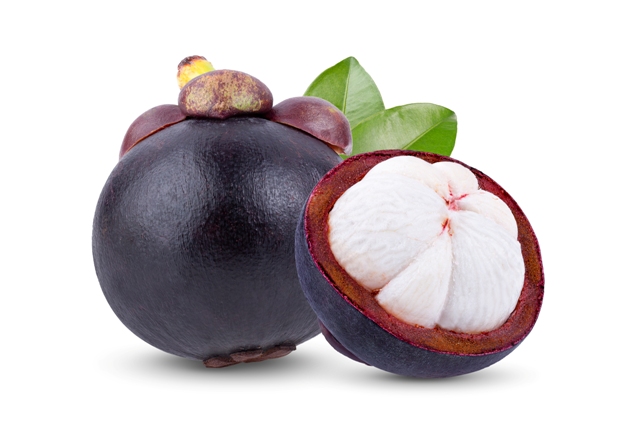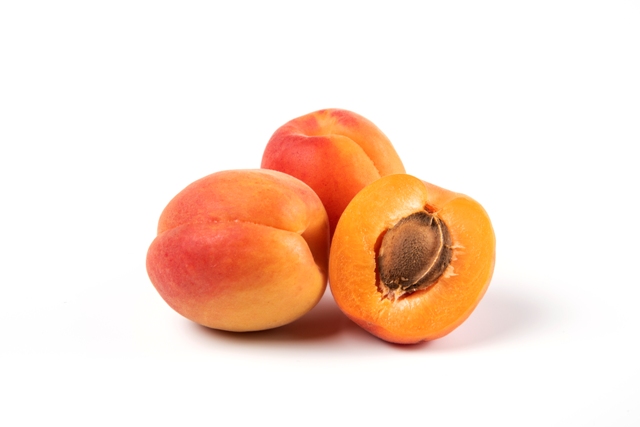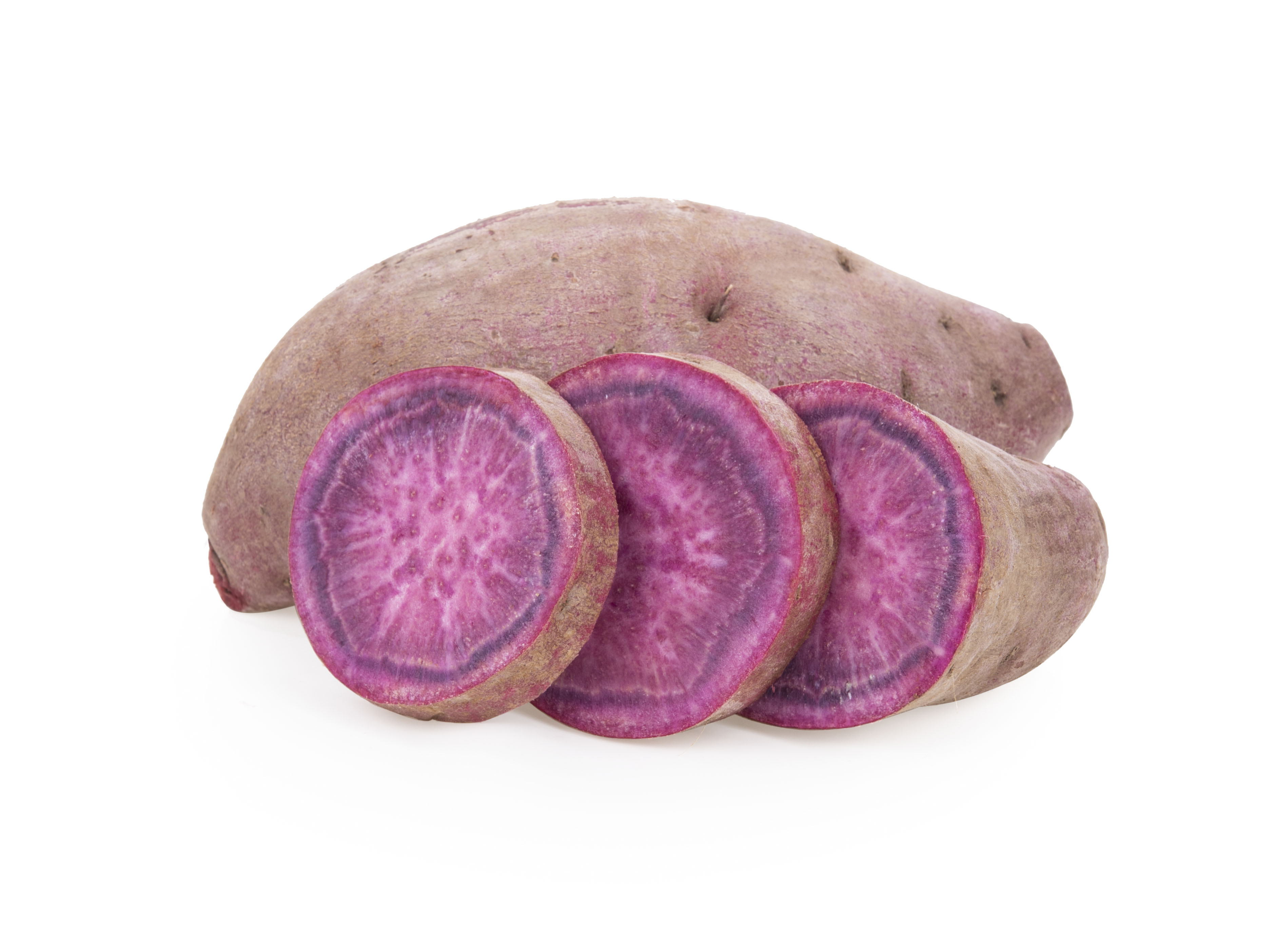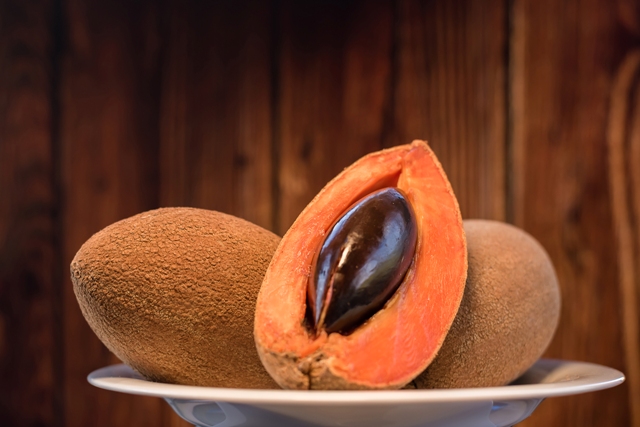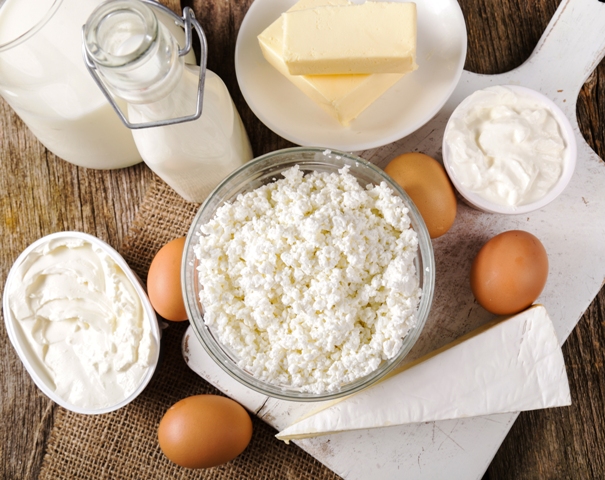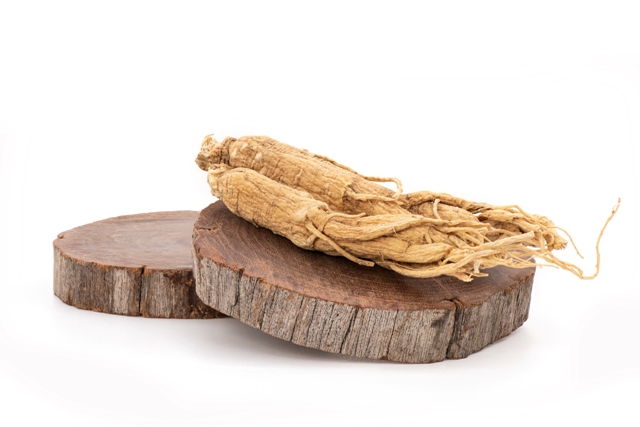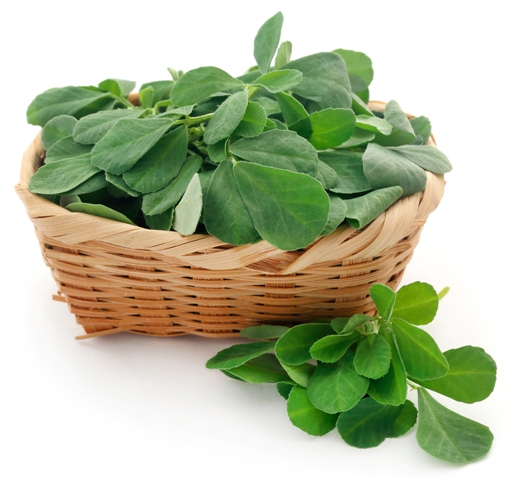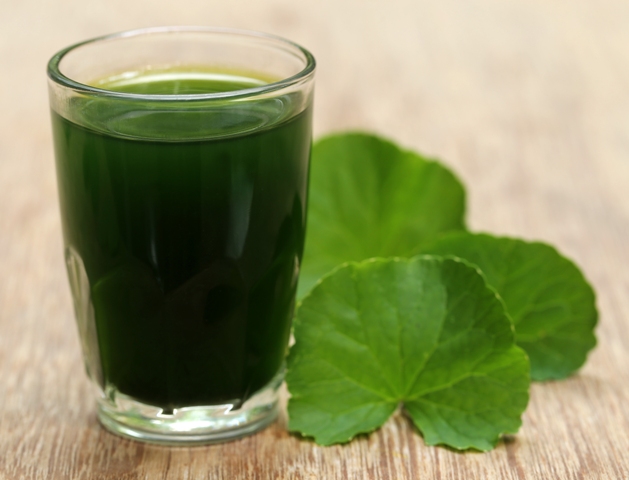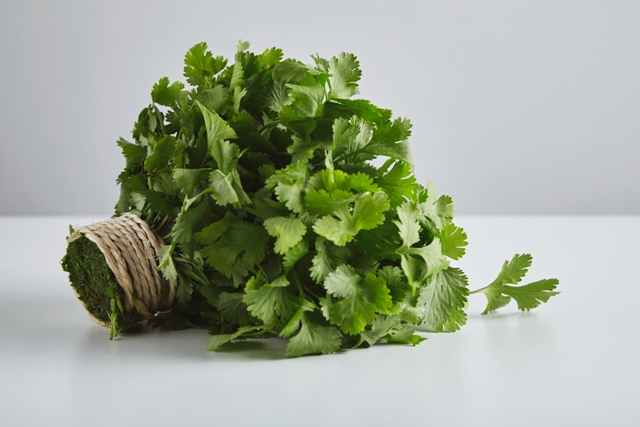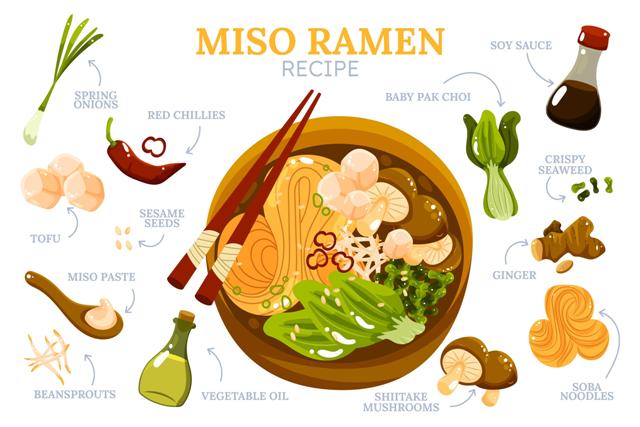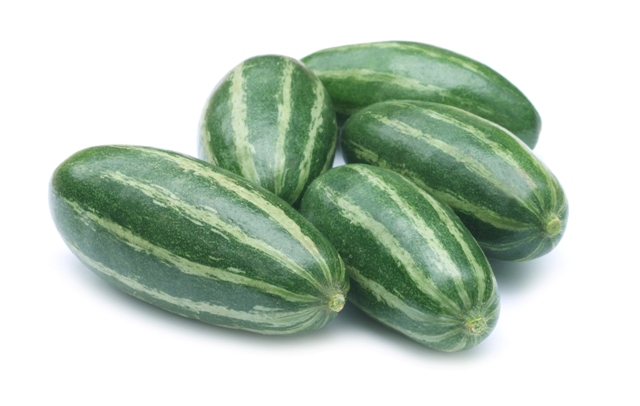Coriender leaves, its nutritional composition, biological activities, health benefits, therapeutic uses and culinary uses
Description : Coriander leaves are considered as nutrient dense leaves of coriander plant. It is also known as
Article Details :
Coriander leaves are considered as nutrient dense leaves of coriander plant. It is also known as cilantro. It has been traditionally used for various medicinal and culinary purposes.
Nutritional profile
- It contains lesser amount of carbohydrates, fats and proteins but it contains desirable amount of fibre
- It is rich in numerous important vitamins like Vitamin A, Vitamin C, Vitamin K, Vitamin B1, B2, B3, B6, B9 and choline
- It is also packed with several vital trace elements like calcium, phosphorus, magnesium, manganese, iron, copper, selenium, zinc and potassium
- It contains numerous phytonutrients as well that exhibit several nutraceutical activities
Biological activity
Antioxidant activity
- Its phenolic components and micronutrients are responsible for exerting strong antioxidant activity, which helps to protect the body from the harmful effects of free radicals
- It helps to prevent cellular damages
- It helps to decrease oxidative stress, which ultimately reduces the risk of developing chronic diseases
Anti-inflammatory activity
- It exhibits anti-inflammatory activity too, which helps to prevent inflammation by reducing the concentration of inflammatory mediators in body
- It exerts analgesic effect too, which plays significant role in relieving pain
- It helps to promote joint health as well by preventing joint swelling

Anti-convulsant activity
- It has seen that consumption of coriander leaves is extremely helpful for decreasing the prevalence of epileptic seizures
- It acts as an activator of the KCNQ channel (voltage gated potassium channel subfamily Q)
- Malfunctioning of this channel is responsible for developing epileptic seizures, which causes severe damage to the brain
- It has seen that consumption of coriander leaves is very beneficial for preventing this complication. It contains a component named dodecanal that binds to the potassium channel and helps them to open, which ultimately helps in decreasing overall excitability of neuron as a result prevents seizures
Anti-carcinogenic activity
- Quercetin, terpinene and Vitamin E components of coriander leaves are responsible for exerting anti-carcinogenic activities
- It helps to decrease oxidative stress, which is also responsible for lowering the risk of developing cancers
- It is related with suppressing the growth of malignant cells in body by inducing apoptosis
- It helps to prevent metastasis as well
- It is very effective for decreasing the prevalence of lung, colon, breast and prostate cancer
Antimicrobial activity
- It has potent antimicrobial effects, which help to decrease the susceptibility of developing infectious diseases by hindering the growth of microbes within host
- It is very effective against Escherichia coli
- It is extensively used for treating various fungal infections like trush
- It also helps to prevent the growth of yeast especially Candida albicans within body thus helps to protect the body from its harmful consequences
Health benefits
Role on digestive health
- Individual suffer from indigestion should include coriander leaves in their diet as it helps in digestion
- Its fibre content is responsible for improving bowel movement, which helps to improve regularity
- On the other hand its fibre content is also related with enhancing peristalsis that helps in promoting colonic health
- Its antioxidant and anti-inflammatory activities are accountable for protecting the entire gastrointestinal tract from oxidative and inflammatory damages, which ultimately lowers the risk of developing irritable bowel syndrome, inflammatory bowel disease and ulceration
- It is also very effective for decreasing the prevalence of bloating, flatulence and abdominal pain
Role on immunity
- It plays significant role in boosting up overall immunity of the body
- Its antioxidant activities are responsible for promoting the functionality of immune cells by preventing their damages as a result helps to increase the resistance power of the body, which eventually reduces the susceptibility of becoming ill
- It helps to promote the synthesis of WBC, which ultimately helps to fight against infections thus lowers, the prevalence of infectious diseases
Role on nervous system
- Consumption of coriander leaves is extremely useful for maintaining a healthy nervous system
- It helps to promote the Read more

